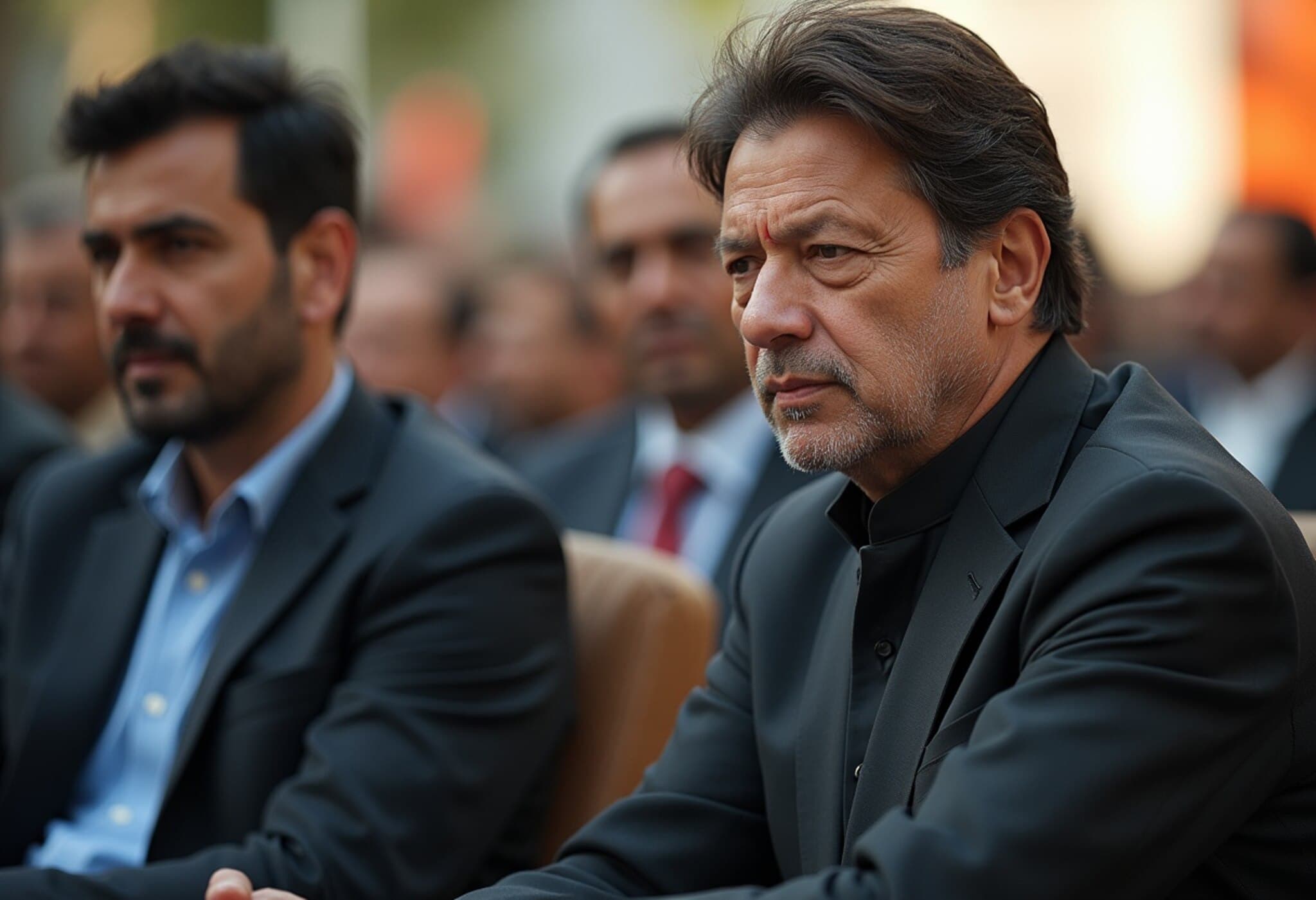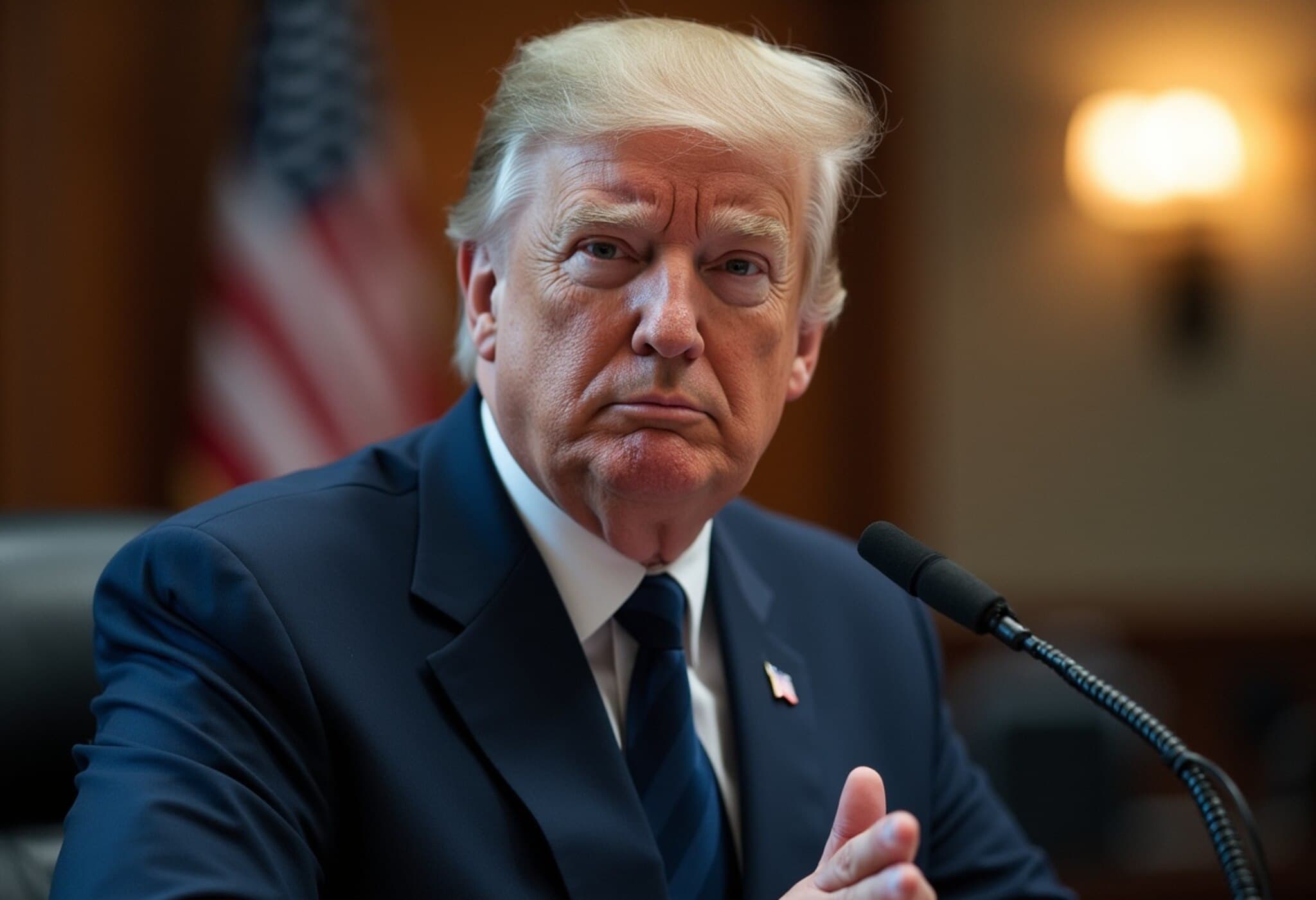Major Pakistani Parties PML-N and PPP Join Forces for Upcoming By-Elections
In a significant political development, Pakistan's two key ruling parties, the Pakistan Muslim League-Nawaz (PML-N) and the Pakistan Peoples Party (PPP), announced on Saturday a strategic alliance to contest upcoming by-elections together. This partnership marks a deliberate and united front as both parties aim to consolidate their influence amid changing political dynamics.
A New Chapter of Political Cooperation
At a joint press conference, leaders from both PML-N and PPP unveiled their plan to collaborate across both national and provincial assembly seats in the forthcoming by-elections. This alliance emerges in the aftermath of political unrest following the conviction of several Pakistan Tehreek-e-Insaf (PTI) leaders related to the violent riots of May 9, 2023.
By-Elections Schedule and Scope of Alliance
The Election Commission of Pakistan (ECP) has scheduled the first phase of by-elections for September 18, 2025, including constituencies such as NA-66 Wazirabad, NA-129 Lahore-XIII, and PP-87 Mianwali-III. A second phase is slated for October 5, 2025, covering additional key constituencies like NA-143 Sahiwal-III and NA-96 Faisalabad-II.
Hanif Abbasi, a senior PML-N figure and federal railways minister, emphasized the maturity and shared vision behind this alliance. “We have made this decision in the country’s best interest,” he stated, reinforcing the notion that cooperation is essential for political stability.
Seat Adjustment and Leadership Dynamics
PPP stalwart Raja Pervaiz Ashraf elaborated on the seat adjustment strategy, revealing the pact to field candidates based on past election runner-ups in respective constituencies, thereby avoiding internal competition. He expressed gratitude towards Prime Minister Shehbaz Sharif for facilitating the negotiations, highlighting the leadership’s commitment to unity.
PTI’s Ambiguous Role and Political Fallout
Meanwhile, the future participation of PTI in these by-elections remains uncertain. Imran Khan, the party's prominent leader and former cricket champion, currently incarcerated since August 2023 due to multiple legal cases, has deferred this decision to senior party officials.
The backdrop of this political reshuffling dates to the violent unrest on May 9, 2023, when PTI supporters attacked numerous military and state installations, including the Army GHQ—a first in Pakistan’s history. These incidents followed Khan’s arrest and have significantly altered the political landscape.
Contextual Insight: Strategic Implications for Pakistan’s Political Future
This alliance between PML-N and PPP not only signals a strategic effort to counter PTI's influence but also reflects a deeper recalibration within Pakistan’s parliamentary arithmetic. Historically fierce competitors, the ruling parties’ willingness to set aside rivalries underscores the high stakes involved in maintaining political dominance.
From an American policy perspective, stable governance in Pakistan is critical given its geopolitical importance in South Asia and the ongoing challenges related to security and regional diplomacy. Political cooperation between major parties could foster a more conducive environment for governance and reform, potentially impacting U.S.-Pakistan relations and regional stability.
Key Takeaways
- PML-N and PPP have formalized a collaborative approach to maximize electoral outcomes in upcoming by-elections.
- The alliance stems partly from the vacuum created after the disqualification of PTI leaders involved in 2023 riots.
- By-election dates are set for September 18 and October 5, covering critical constituencies nationwide.
- PTI’s participation remains undecided amid the continued imprisonment of its leader, Imran Khan.
- This political development carries broader implications for Pakistan’s internal stability and regional geopolitics.
Editor’s Note
As Pakistan approaches these pivotal by-elections, the newfound alliance between PML-N and PPP invites both hope and scrutiny. While unity among ruling parties can stabilize governance, it also raises questions about the future democratic competition and the long-term prospects for Pakistan’s political pluralism. How PTI will respond, and whether this will lead to a more inclusive political dialogue, remains to be seen. This evolving scenario warrants close monitoring for those invested in South Asian politics and international relations.











